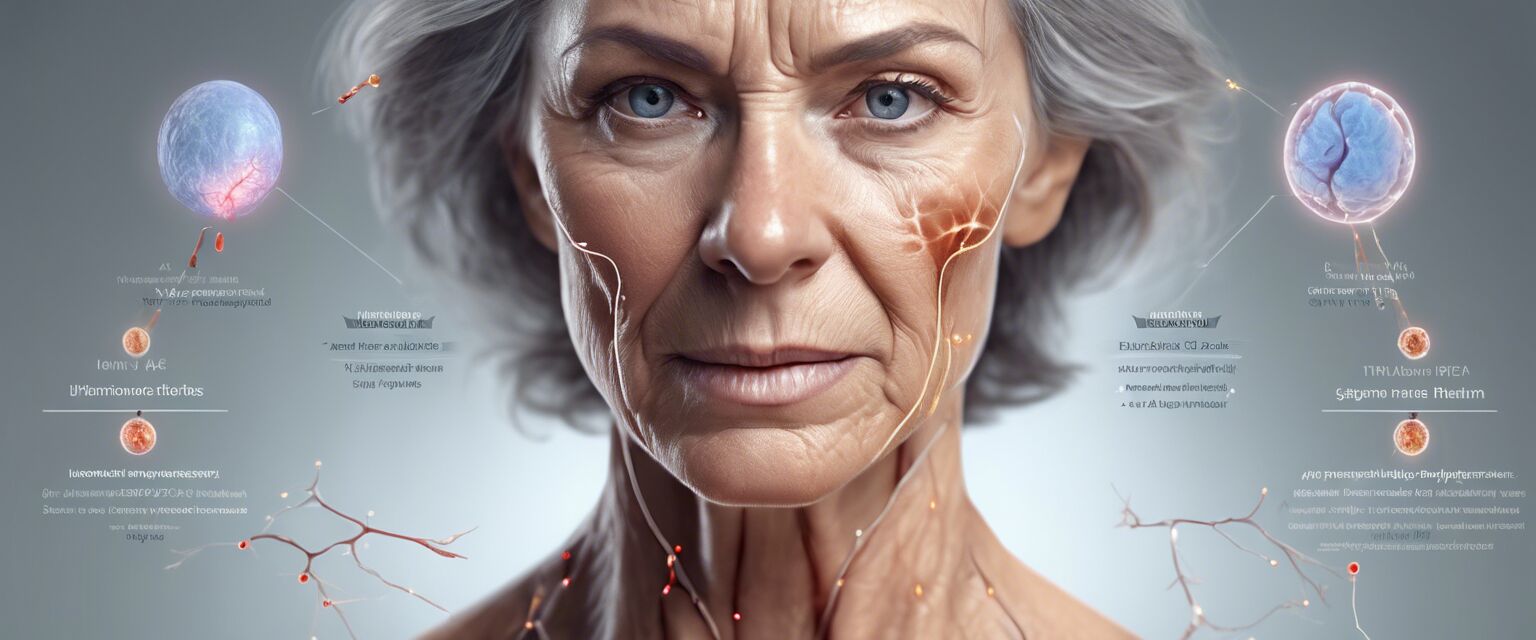
Menopause Diet and Nutrition
Menopause is a natural biological process that brings significant changes in a woman's body. During this phase, a well-balanced diet and proper nutrition play a crucial role in alleviating symptoms and maintaining overall health.
Key Takeaways
- Aim for a balanced diet rich in whole foods, fruits, and vegetables.
- Increase calcium and vitamin D intake for bone health.
- Stay hydrated by drinking plenty of water.
- Limit processed and high-sugar foods.
Understanding Menopause Nutrition
Menopause is characterized by hormonal changes, which can lead to weight gain, fatigue, and mood swings. A well-planned diet can help mitigate these symptoms and support overall health.
| Nutrient | Recommended Daily Intake | Food Sources |
|---|---|---|
| Calcium | 1,200 mg | Dairy products, leafy greens, fortified plant-based milk |
| Vitamin D | 600-800 IU | Fatty fish, fortified dairy products, sunlight exposure |
| Omega-3 fatty acids | 250-500 mg | Fatty fish, flaxseeds, walnuts |
Best Foods for Menopause
Incorporating the following foods into your diet can help alleviate menopause symptoms:
- Fatty fish: Rich in omega-3 fatty acids, which support heart health and reduce inflammation.
- Leafy greens: Packed with calcium and vitamins for bone health.
- Whole grains: Rich in fiber, vitamins, and minerals for digestive health.
- Legumes: High in protein, fiber, and vitamins for heart health and satiety.

Foods to Limit or Avoid
Some foods can exacerbate menopause symptoms or hinder overall health:
- Processed meats: High in sodium, preservatives, and saturated fats.
- High-sugar foods: Can lead to weight gain, energy crashes, and mood swings.
- Caffeine and alcohol: Can disrupt sleep patterns and worsen hot flashes.
Staying Hydrated
Adequate hydration is essential for overall health, especially during menopause:
- Drink at least 8-10 glasses of water per day.
- Avoid sugary drinks and caffeine.

Additional Tips
Consider the following tips to support your menopause diet and nutrition:
- Maintain a healthy weight to reduce the risk of osteoporosis.
- Practice regular exercise to improve mood and overall health.
- Get enough sleep to help regulate hormones and metabolism.
Benefits of a Balanced Menopause Diet
- Alleviates menopause symptoms
- Supports overall health and well-being
- Reduces the risk of chronic diseases
Challenges of a Menopause Diet
- Requires significant changes to eating habits
- May require additional planning and preparation
- Can be difficult to maintain in the long term
Beginner's Guide to a Menopause Diet
Start with small changes to your diet and gradually work your way up:
- Replace one unhealthy meal with a balanced meal per day.
- Incorporate one new fruit or vegetable into your diet per week.
- Gradually reduce sugar and salt intake over time.









